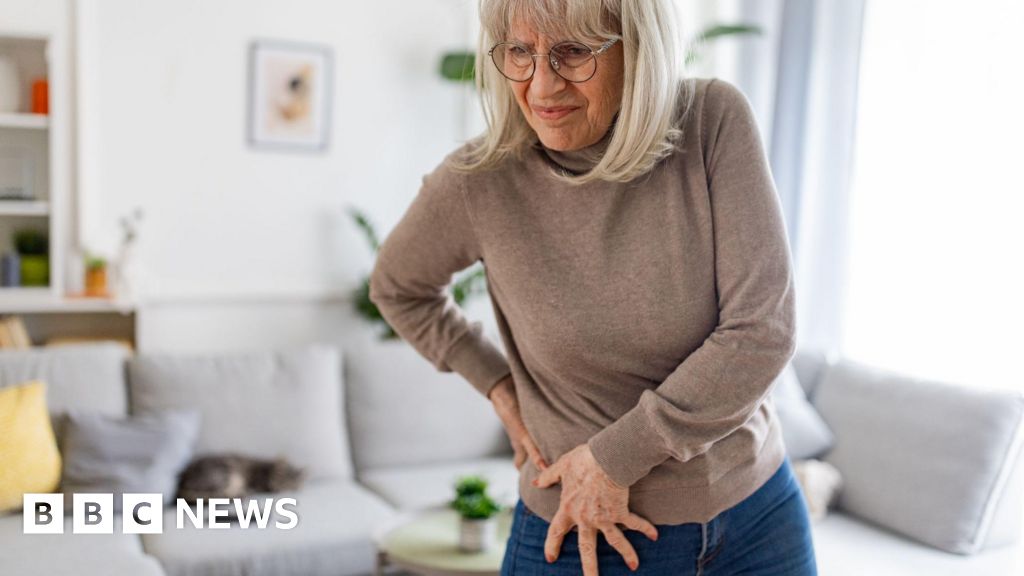The UK’s medicines watchdog, the National Institute for Health and Care Excellence (NICE), says tens of thousands of women who have gone through menopause could benefit from a new bone-strengthening drug.
Abaloparatide can prevent a bone-thinning condition called osteoporosis, which increases the risk of fractures in later life.
NICE said the vaccine is expected to be available on the NHS in England within the next three months.
The injections, which are pre-filled pens that can be self-administered once a day at home, stimulate cells to make new bone.
There are already other treatments for osteoporosis, but this new therapy offers an alternative for people for whom those treatments have not worked or who cannot tolerate them.
Alison Smith, who was diagnosed with osteoporosis in 2011, told BBC R4’s Today programme that the new treatment would make a “big difference” to many patients who are “hesitant” to take the medication currently available “because of the side effects”.
Dr Nicky Peel, a Sheffield-based bone and metabolism physician and clinical councillor for the Royal Osteoporosis Society, says the new drug is a “very well-tolerated treatment” for most people.
Dr Peel told the Today show that abaloparatide was suitable for most people at high risk of fracture, although some people may experience nausea, headaches and palpitations during the early stages of treatment.
But she warned that there was a “challenge” in ensuring patients had access to “appropriate diagnostic services” to determine whether they needed the medicine.
If your doctor determines that you are at significant risk of fracture, medical treatment will be recommended.
Theramex, which manufactures the drug, has agreed an undisclosed price with the NHS.
By your mid-20s, your bones are at their peak strength.
After that it will decrease naturally.
However, if bone loss is severe, even a minor bump or fall can easily result in a fracture.
Getting enough vitamin D and calcium is also important for bone health, as is hormone replacement therapy (HRT) during perimenopause.
Women are at higher risk of developing osteoporosis than men due to hormonal changes associated with menopause.
Estrogen levels can fall, weakening your bones.
Professor Jonathan Benger, NICE’s chief medical officer and deputy chief executive, said: “The independent committee heard from patients about how debilitating osteoporosis can be.
“We are focused on enabling access to healthcare that improves quality of life while providing value to taxpayers.”
More than three million people in the UK have osteoporosis.
Prevalence increases significantly with age, from about 2% of women aged 50 years to almost half of women aged 80 years. NICE says:
More than one in three women and one in five men will experience at least one osteoporotic fracture in their lifetime.

